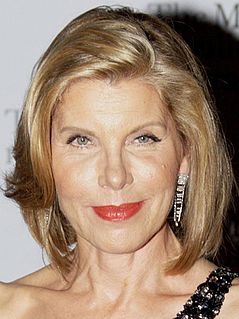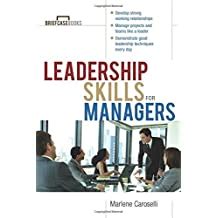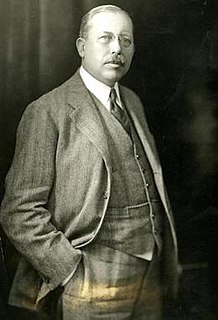A Quote by Christine Baranski
In this day and age, there's just so much that can hyperstimulate us, and curiously, it is not satisfying us.
Quote Topics
Related Quotes
I've often wondered about the shyness of some of us in the West about standing for these ideals that have done so much to ease the plight of man and the hardships of our imperfect world. Let us be shy no longer. Let us go to our strength. Let us offer hope. Let us tell the world that a new age is not only possible, but probable.
The Savior's suffering in Gethsemane and His agony on the cross redeem us from sin by satisfying the demands that justice has upon us. He extends mercy and pardons those who repent. The Atonement also satisfies the debt justice owes to us by healing and compensating us for any suffering we innocently endure.
Lord, please restore to us the comfort of merit and demerit. Show us that there is at least something we can do. Tell us that at the end of the day there will at least be one redeeming card of our very own. Lord, if it is not too much to ask, send us to bed with a few shreds of self-respect upon which we can congratulate ourselves. But whatever you do, do not preach grace. Give us something to do, anything; but spare us the indignity of this indiscriminate acceptance.
Let us be banded together as one man; let us contend earnestly for the faith once delivered to the saints; let us pray with fervour, let us live in holiness, let us preach constantly, and preach with fire, and let us so live, that we may impress our age, and leave our footprints on the sands of time.
A Morning Prayer The day returns and brings us the petty round of irritating concerns and duties. Help us to play the man; help us to perform them with laughter and kind faces, let cheerfulness abound with industry. Give us to go blithely on our business all this day. Bring us to our resting beds weary and content and undishonored and grant us in the end the gift of sleep.


































